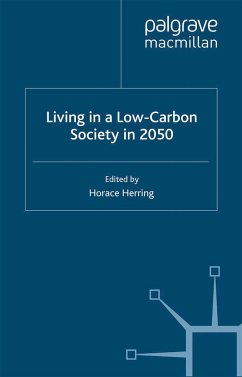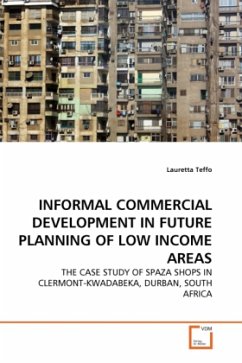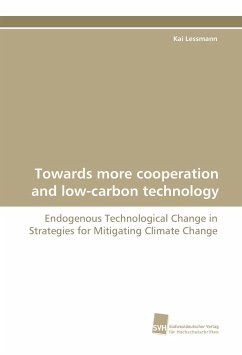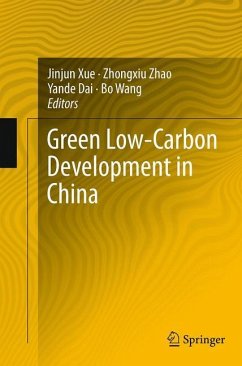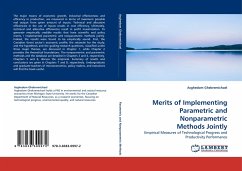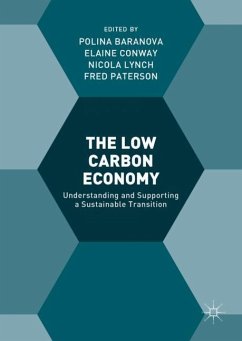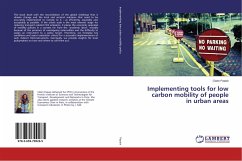
Implementing tools for low carbon mobility of people in urban areas
Versandkostenfrei!
Versandfertig in 6-10 Tagen
69,99 €
inkl. MwSt.

PAYBACK Punkte
35 °P sammeln!
This book deals with the reconciliation of the global challenge that is climate change and the local and sectoral solutions that need to be accurately implemented to remedy to it - as efficiently, equitably and acceptably as possible. If the urban scale is the most relevant stage for reducing transport-related CO2 emissions, it places the economic appraisal of mobility policies in a context far from the "academic ideal", notably because of the presence of overlapping externalities and the difficulty to assign an instrument to a policy target. Therefore, we formalise key conditions and assert e...
This book deals with the reconciliation of the global challenge that is climate change and the local and sectoral solutions that need to be accurately implemented to remedy to it - as efficiently, equitably and acceptably as possible. If the urban scale is the most relevant stage for reducing transport-related CO2 emissions, it places the economic appraisal of mobility policies in a context far from the "academic ideal", notably because of the presence of overlapping externalities and the difficulty to assign an instrument to a policy target. Therefore, we formalise key conditions and assert evaluation criteria for a successful implementation of such indirect CO2-instruments. Eventually, we provide insights for local policymakers on how and where to roll them out.



